Tooth removal is a common dental procedure performed for reasons such as severe decay, overcrowding, or gum infection. Maintaining proper oral hygiene is essential for recovery, but many patients wonder, “Can I brush my teeth after a tooth extraction?”
The healing process follows a predictable timeline: during the first 24 hours, a protective blood clot forms, so brushing the extraction site should be avoided; between days 1 and 3, early healing begins, and only gentle oral care is recommended; within 1 to 2 weeks, most soft tissue has healed, allowing you to gradually resume normal brushing. For ongoing dental care beyond extractions, Smile Plus Dentistry offers comprehensive general dentistry services to help maintain a healthy, confident smile.
This guide explains everything you need to know about brushing after a tooth extraction, including when it’s safe to start, how to clean your mouth gently without disrupting healing, and tips to prevent complications such as dry socket.
Brushing After a Tooth Extraction: Timing and Tips
Many patients ask, “Can I brush my teeth the same day after an extraction?” The answer depends on timing and technique. During the first 24 hours, it is essential to avoid brushing the extraction site entirely. Brushing too soon can disturb the forming blood clot and increase the risk of bleeding or dry socket.
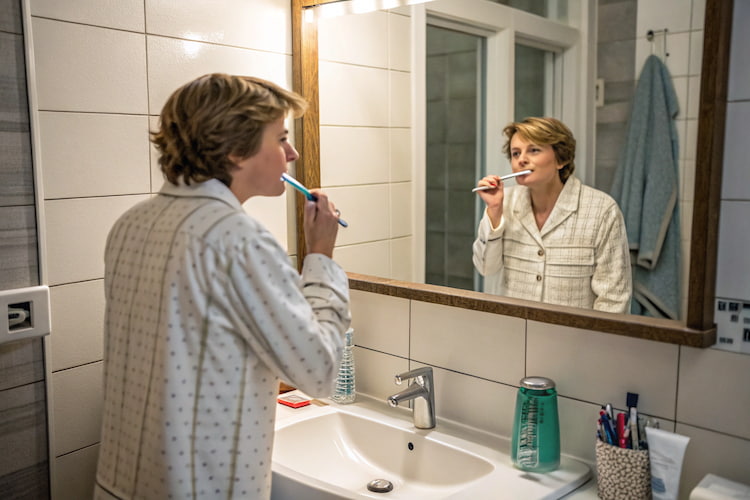
However, this does not mean you should neglect your oral hygiene. During the first day, you can still brush the rest of your teeth very gently to remove food particles and maintain a clean environment in your mouth. After the first 24 hours, most patients can resume brushing their teeth carefully, using a soft-bristled toothbrush and light pressure.
By the third or fourth day, you can begin to inch closer to the extraction site, but do so with extreme caution. If there is no bleeding or swelling, gentle cleaning around the site will help prevent bacterial buildup and keep your mouth healthy.
The key takeaway is that oral hygiene should continue after a tooth extraction, but your technique must be soft, deliberate, and patient to avoid any damage to the healing area.
Learn everything you need to know about wisdom tooth removal, from the procedure to recovery.
If you’re an adult considering wisdom teeth removal, WebMD‘s guide offers essential information on what to expect during the procedure, potential risks, and recovery tips.
Why Brushing Is Crucial After a Tooth Extraction
Some patients are so afraid of disturbing the extraction site that they avoid brushing altogether for several days. While this is understandable, not brushing your teeth can make recovery riskier. A mouth that is not cleaned regularly becomes a breeding ground for bacteria, which can lead to infection or even slow down the healing process. In severe cases, poor post-extraction hygiene can lead to complications like a tooth abscess, which requires prompt treatment.
Brushing after a tooth extraction is important for several reasons:
- Prevents Bacterial Growth: Even during recovery, food particles and plaque can accumulate on the remaining teeth. If not removed, bacteria may spread to the extraction site and cause infection.
- Reduces Bad Breath: Soft diets, often recommended after extractions, like soups and yogurts, can leave residue in the mouth. Gentle brushing helps keep your mouth fresh and odor-free.
- Supports Faster Healing: A clean oral environment allows your body to focus on healing the extraction site without the added burden of fighting bacterial buildup elsewhere.
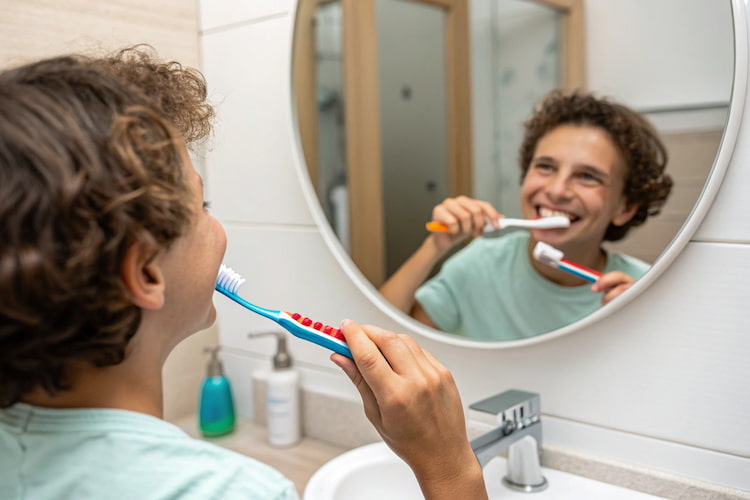
Think of brushing as part of the healing process, not a threat to it. When done correctly and carefully, it ensures that your mouth remains a clean and safe space for the extraction site to recover.
Smile Plus Dentistry Care Box
At Smile Plus Dentistry, we don’t just remove teeth, we guide you through every step of the recovery process. Our caring dental team provides personalized aftercare instructions to make sure your healing is smooth, comfortable, and stress-free.
Tips for Gentle Brushing After Tooth Extraction
During your recovery, the way you brush is just as important as when you brush. Here are some detailed strategies to keep your mouth clean without disrupting healing:
1. Choose a Soft-Bristled Toothbrush
Switching to a soft-bristled toothbrush is non-negotiable during recovery. Hard bristles can scratch delicate gum tissue or accidentally disturb the healing clot. Think of this as temporary “recovery gear” for your teeth.
2. Brush Slowly and Deliberately
Recovery is not the time for fast or aggressive brushing. Use small, slow strokes on your teeth and avoid the extraction area entirely during the first 24 hours. As the days pass, you can slowly work your way closer to the site.
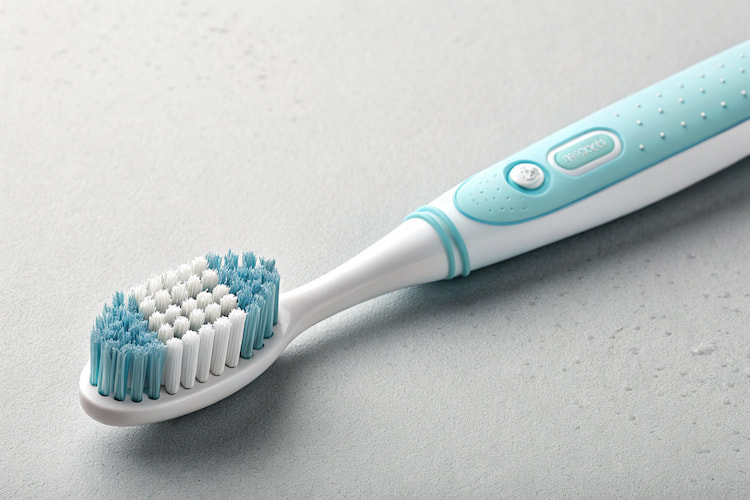
3. Rinse the Smart Way
Instead of using commercial mouthwash immediately after an extraction, start with warm saltwater rinses after the first 12–24 hours. Let the water roll gently through your mouth rather than swishing forcefully, and then tilt your head forward to let it flow out naturally.
4. Modify Your Diet for Easier Cleaning
Eating soft, non-irritating foods like yogurt, mashed potatoes, applesauce, and smoothies helps reduce the risk of debris getting stuck near the extraction site. Avoid crunchy, spicy, or sticky foods that could interfere with healing.
Conclusion
Caring for your mouth after a tooth extraction is about finding the perfect balance between protecting the healing area and maintaining good oral hygiene. Brushing your teeth is not only safe when done correctly, but it is also an essential step to prevent infections, keep your breath fresh, and ensure your mouth recovers as quickly as possible.
At Smile Plus Dentistry, we are here to support you from the moment your tooth is extracted until your smile is fully healed. If you experience unexpected pain or complications, our emergency dental services in Surrey are available to provide prompt care.
FAQs
-
Can I brush my teeth the night after my extraction?
No, it is best to avoid brushing the extraction site for the first 24 hours. You can, however, carefully brush the rest of your teeth, avoiding the healing area.
-
When can I brush near the extraction site without risk?
Usually, after 3–4 days, if healing is progressing normally and there is no excessive bleeding or swelling.
-
What happens if I accidentally brush the extraction site too early?
You might disturb the blood clot, which can lead to dry socket, a painful condition that exposes the bone and delays healing. If this happens, contact your dentist immediately.
-
Can I use mouthwash after my tooth extraction?
Avoid alcohol-based mouthwash for at least 48 hours, as it can irritate the tissue. Stick to gentle saltwater rinses during the initial recovery period.
-
How long before I can return to my normal oral care routine?
Most patients can resume their regular brushing and flossing routine within 7–10 days, but always follow your dentist’s recommendations.
We’d love to hear from you! Have you recently gone through a tooth extraction?
What tips helped you feel more comfortable while keeping your mouth clean?
Leave a comment below!
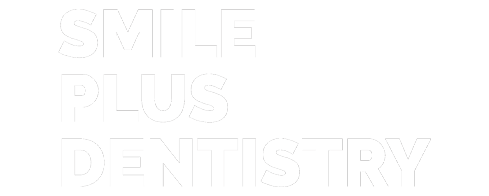
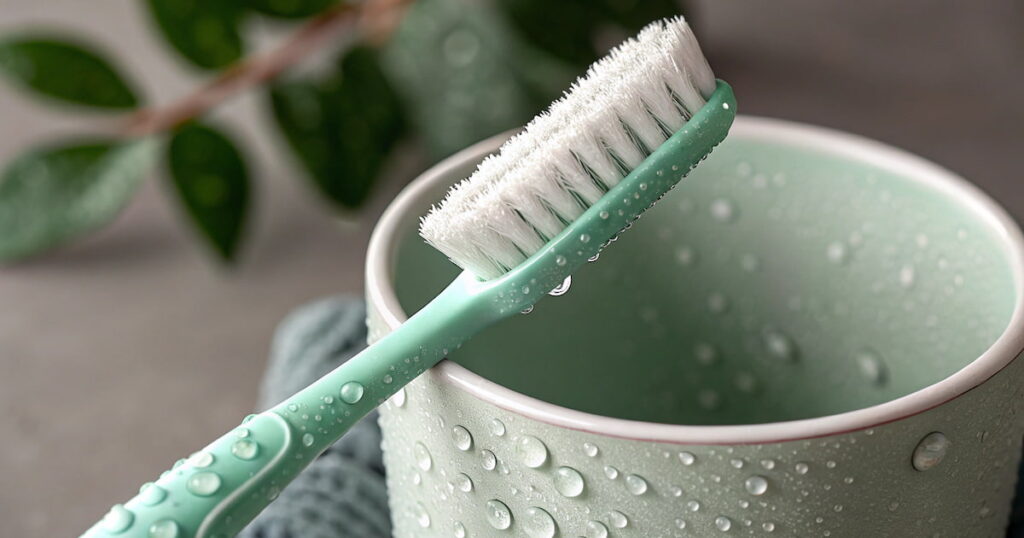
No Comments